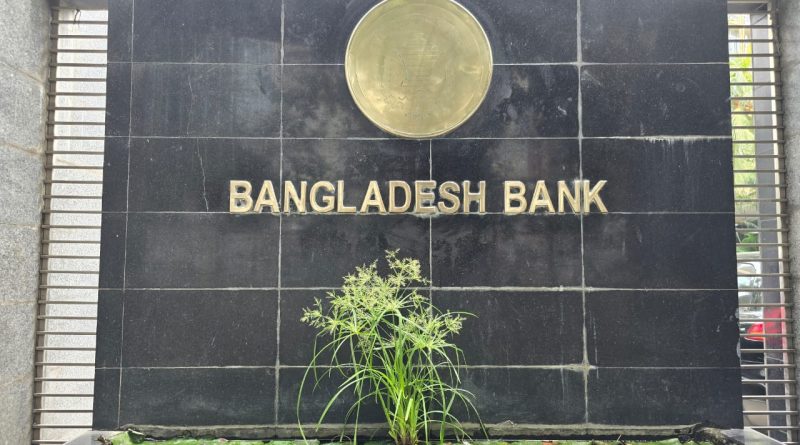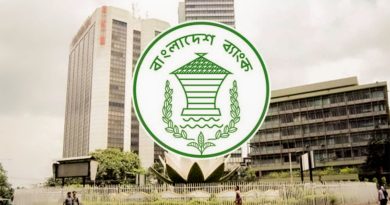Bangladesh Bank expects to complete the merger of five debt-ridden Islami banks tied to S Alam Group by mid-November, with the government pledging a massive capital injection to stabilise the new entity.
The finance ministry has already approved a draft proposal to consolidate Exim Bank, Social Islami Bank, First Security Islami Bank, Global Islami Bank and Union Bank into a single state-owned Shariah-based bank.
“Every task related to the merger is progressing fast,” said central bank spokesperson and Executive Director Arief Hossain. “Since financing has been approved and the new bank will be state-owned, we expect the process to be completed by November.”
The new lender will start with Tk 35,000 crore in capital, including Tk 20,000 crore from the national budget. A working committee led by Deputy Governor Kabir Ahmed has been tasked with overseeing the transition and safeguarding depositors’ funds.
Officials said small depositors would be given priority for withdrawals after the merger, while assuring larger clients that their money is secure under state guarantee. “We urge them not to rush for withdrawals,” Arief added.
Legal challenges could emerge, but the central bank says it is prepared. “If any case is filed, it will be handled through the Attorney General’s office. Bangladesh Bank is ready for all kinds of legal battles,” said one senior official.
The boards of all five banks will be dissolved once the merger takes effect, with Bangladesh Bank forming a new board to run operations until a permanent governance framework is finalised. Decisions on employee retention and branch rationalisation are still pending.
The urgency of the move stems from years of reckless lending linked to S Alam Group. Combined defaulted loans at the five banks now stand at Tk 1.47 lakh crore—about 77 per cent of their total outstanding loans. Union Bank is the worst-hit, with 98 per cent of its loans in default, followed by First Security Islami Bank (96pc), Global Islami Bank (95pc), Social Islami Bank (62pc) and Exim Bank (48pc).






